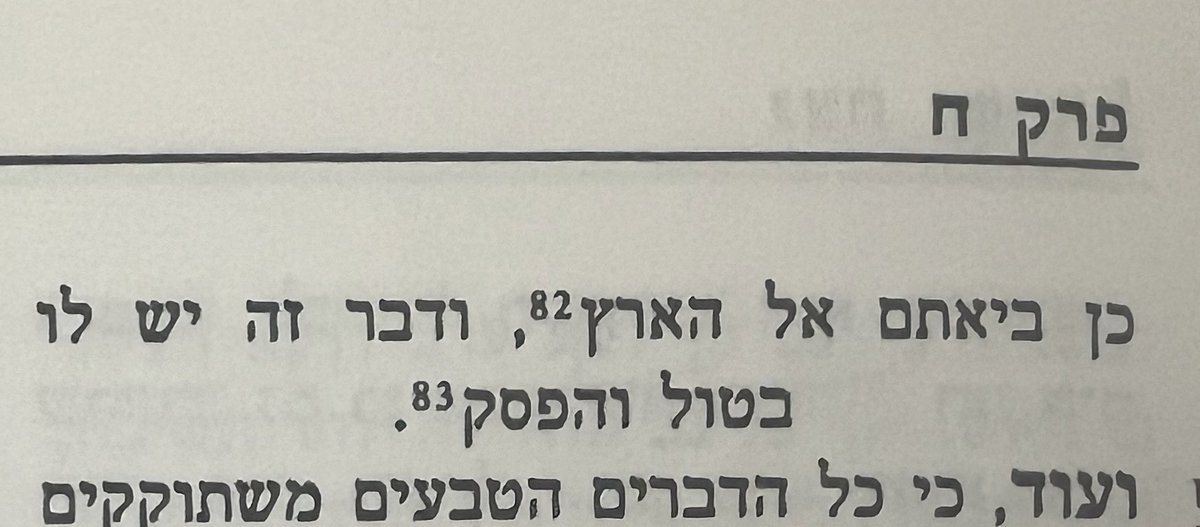This incredible work by @YehudahMirsky is based on his earlier dissertation, which I also had the chance to read. Both remarkable, though there are many updates that make this worth reading even if you’ve peeked at his PhD.
The book was published by my friends at @ASP_Boston!
The book was published by my friends at @ASP_Boston!
In many ways this book was the perfect compliment to what I read last week.
Rav Isaac HaLevi projected his institutional ideals on the ideas surrounding the formation of the Talmud.
Rav Kook, who corresponded with him, did something similar with modernity and mysticism.
Rav Isaac HaLevi projected his institutional ideals on the ideas surrounding the formation of the Talmud.
Rav Kook, who corresponded with him, did something similar with modernity and mysticism.
https://twitter.com/dbashideas/status/1426712132293378048
The opening quote from George M. Marsden’s book Jonathan Edwards: A Life, about the uses of history is brilliant and exactly reflects the approach of the author. 

Opening introduction is pretty dense and discusses the meaning of modernity.
He cites Clause Lefort, “the loss markers of certainty.”
💔❤️💔
He cites Clause Lefort, “the loss markers of certainty.”
💔❤️💔
I don’t know the author well. We met once through @Hartman_Inst and had a lovely conversation.
After reading his description of his own relationship with Jewish theology, I wish I knew him better.
This is beautiful. ❤️❤️
After reading his description of his own relationship with Jewish theology, I wish I knew him better.
This is beautiful. ❤️❤️

This is subtle and has nothing to do with Rav Kook, but rather the author.
When he cites other scholars he uses the sweetest superlatives. Remarkable, brilliant, wonderful.
Here he calls @shuaros article on Rothko, “tender.”
Maybe this does have something to do with Rav Kook.
When he cites other scholars he uses the sweetest superlatives. Remarkable, brilliant, wonderful.
Here he calls @shuaros article on Rothko, “tender.”
Maybe this does have something to do with Rav Kook.

The Aderet, Rav Kook’s father-in-law, was paid so little he sometimes went on strike.
Rabbis of the world unite!!!
We need to bring this back.
Rabbis of the world unite!!!
We need to bring this back.

This remind me of my times at @NIRCnews. The best talmidim were the ones involved in the Purim Shpiel.
Serious yeshivos prize humor.
🙌🤡🙌
Serious yeshivos prize humor.
🙌🤡🙌
For people looking for a broader overview of Rav Kook, I would recommend the more welcoming biography he wrote for @yalepress Jewish Lives—it also covers his whole life.
If you want a serious, loving, deep dive into Rav Kook’s formative years before coming to Israel, read this.
If you want a serious, loving, deep dive into Rav Kook’s formative years before coming to Israel, read this.
• • •
Missing some Tweet in this thread? You can try to
force a refresh















